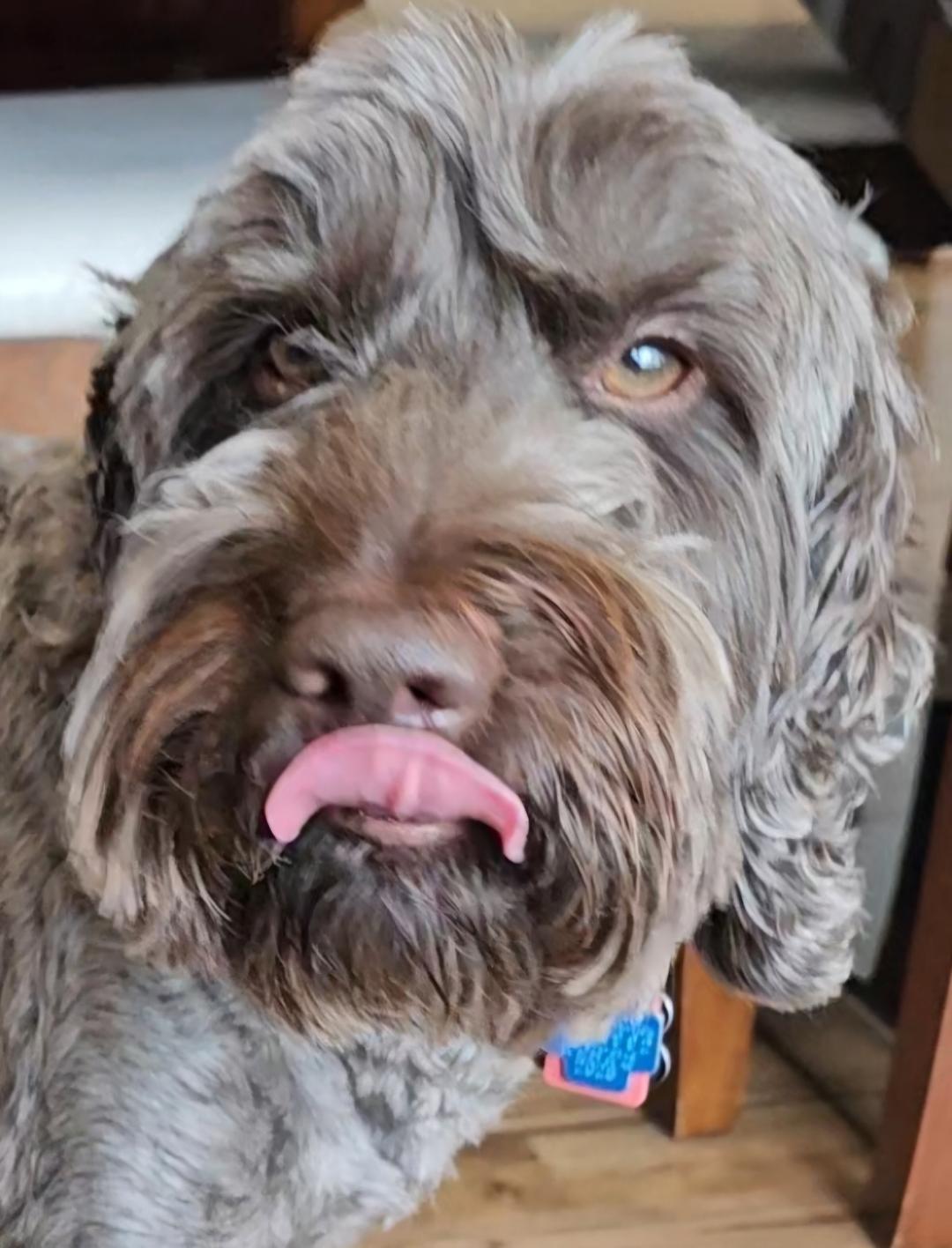What Are Calming Signals?
First introduced by canine behavior expert Turid Rugaas, calming signals are the body language cues dogs use to defuse tension—either within themselves or between others. These signals include:
-
Lip licking
-
Yawning
-
Turning the head away
-
Sniffing the ground
-
Slow movements
-
Sitting or lying down suddenly
Each one can be a dog’s way of saying: “I’m feeling uneasy. Please give me space or reassurance.”
Recommended Reading: On Talking Terms with Dogs: Calming Signals by Turid Rugaas — This 73-page book is a must-read for any dog parent serious about understanding their pup’s inner world.
Why Learning Calming Signals Matters
For decades, dog training was mostly a one-way street: “I give the commands, and you follow.”
But dogs aren’t robots—they’re emotional beings with needs, preferences, and communication styles. Learning to interpret calming signals can:
-
Deepen your bond with your dog
-
Make training easier and more effective
-
Reduce problem behaviors linked to stress
-
Help prevent bites or fear-based reactions
A dog who feels heard and understood becomes more confident, less anxious, and more connected to their human.
Start Watching for These Signals Today
Next time you’re out on a walk or welcoming guests into your home, watch your dog closely. Are they:
-
Licking their lips?
-
Yawning when they’re clearly not tired?
-
Turning away from people or other dogs?
Each signal is a piece of a puzzle—and when you start putting the pieces together, you’ll discover what your dog has been trying to tell you all along.
Final Thoughts
Understanding calming signals is more than a training tool—it’s a relationship tool. When you start responding to your dog’s emotional cues, you’ll unlock a new level of connection based on empathy, respect, and trust.
Internal Links to Add
-
How to Introduce Dogs Safely — link in the sentence: “welcoming guests into your home…”
-
Top Treats for Training — link in the bullet point about training
-
The Stress Escalation Ladder — link in the first paragraph under “What Are Calming Signals?”
